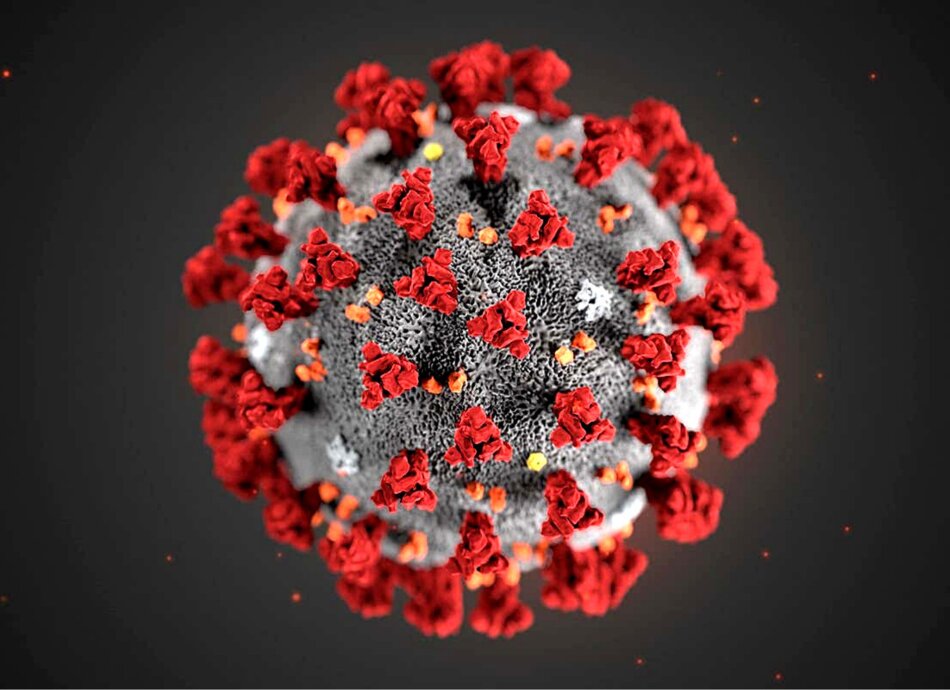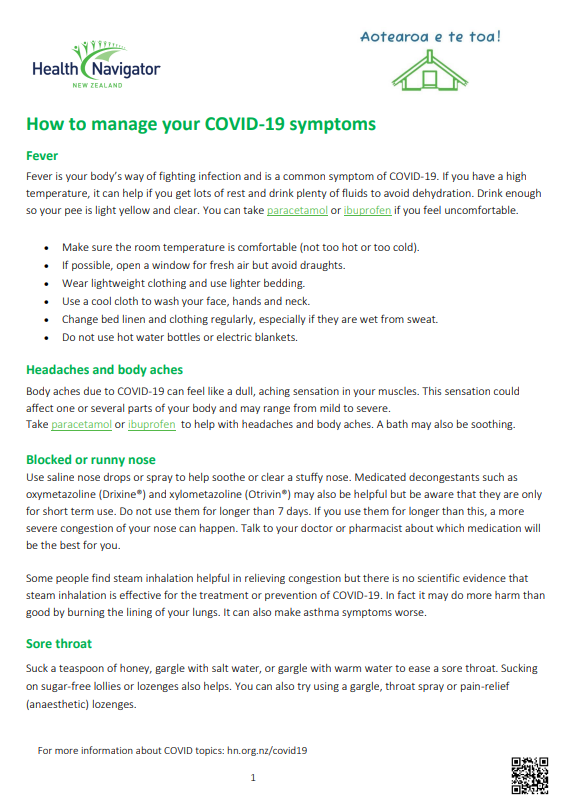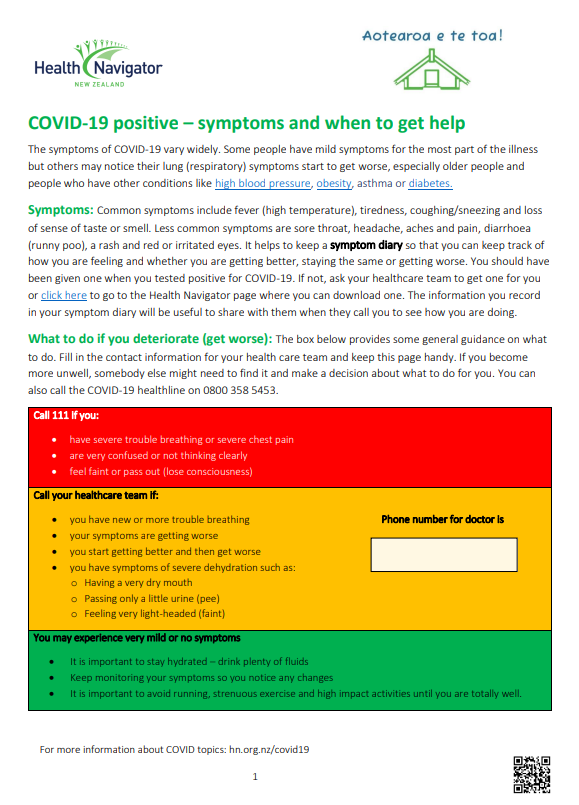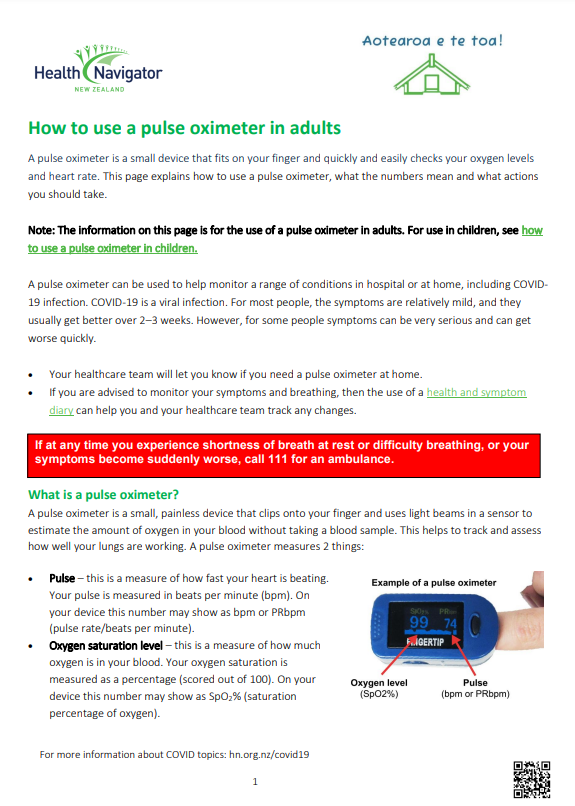Fatigue is a common symptom experienced by those with COVID-19 infection. While you are recovering, it can continue for weeks to months after the infection has cleared. Learn more about long COVID.
There is no clear reason why some people feel more fatigued or tired than others. Different things contribute to the tiredness and make it last a long time. For example, a disturbed daily routine, poor sleep patterns, carer responsibilities, low mood, anxiety and stress can all make your fatigue worse.
While there is no one solution to fit everyone's needs, here are some general tips that you can use to manage fatigue.
Pace yourself and plan your activities
Pacing is an important strategy to help you to work within the limits of your fatigue. Overdoing it can make you feel more exhausted. You should develop an activity plan that is flexible depending on how you are feeling that day. Stay within your current ability, and slowly progress your activity levels as you feel able to do so.
Try to think about when you feel most fatigued, this might be in the afternoon or in the morning. Plan your tasks around your tiredness, and break up tasks throughout the week. For example, instead of cleaning the house in one day, do one room or part of that room each day. Take as many rest periods as you need throughout the day to recharge. If you are too tired to continue, that’s ok. Take a rest and try again tomorrow.
Prioritise your activities
Think about what activities are important to you. Focus on doing these, and consider asking somebody for help, or doing other tasks at a different time of the day.
Let others help you
It's OK to ask for help and allow others to help. Things like caring for children, shopping, preparing meals, or driving may be difficult. Accept offers of support and let people know what they can help you with. Services that can help with activities, such as shopping or cooking, may also be useful while you are still recovering.
Return to exercise slowly and safely
See returning to physical activity and exercise after COVID-19 for some tips on returning to exercise and improving your strength and fitness.









